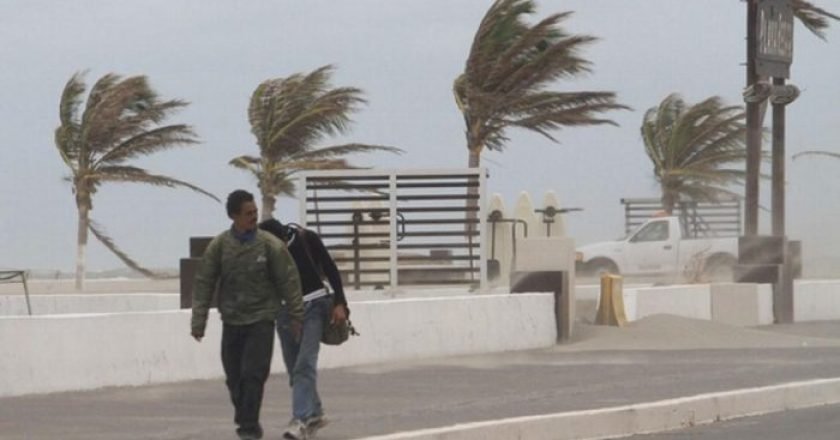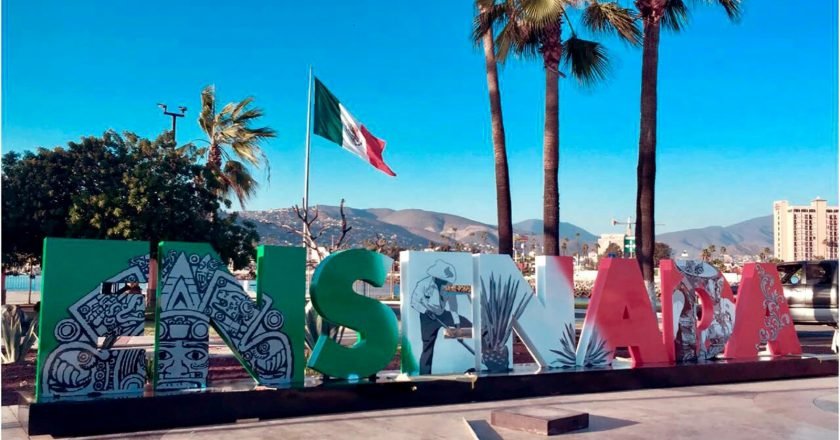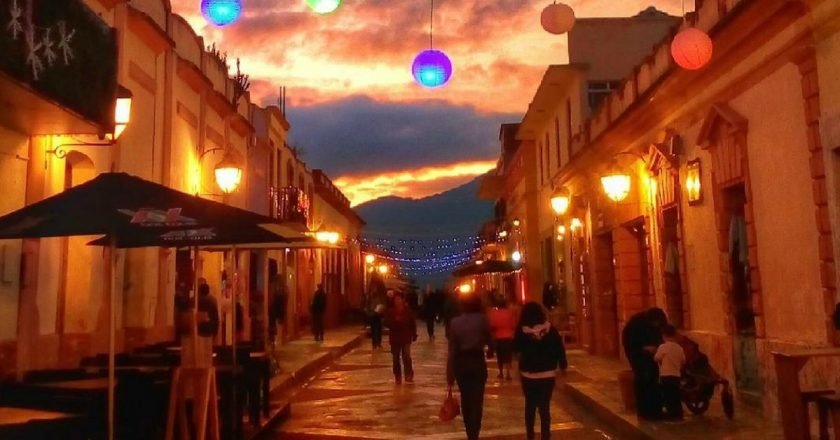Yesterday morning a once popular bar in Ensenada caught fire for the second time, on its top floor, where it …


Yesterday morning a once popular bar in Ensenada caught fire for the second time, on its top floor, where it …

Health authorities from Baja are recommending staying at home when Santa Ana winds are active. Problems in the respiratory tract, …

At least in Ensenada, authorities and business leaders think so. The third ENSENADA “letters” sign was officially inaugurated in the …

Mexico is touted as a great place to get dentistry done, and most of that touting is from the industry …

Drones can invade privacy, they can cause accidents, they annoy birds, and they can really piss off pilots in actual …

Can you patent a recipe? Traditional Mixtec dishes from Oaxaca might soon be protected by a patent that has been …

Every Monday through Thursday, 9am – 12pm; Pickleball at Punta Azul Tennis Center. Cos: $1 court fee per person per …

Defining the size of Mexico’s middle class is more complicated than it is in the United States, where it is …

I was intrigued by a recent presentation by a Mexican bank on the subject of Fideicomisos (land trusts). By way …
